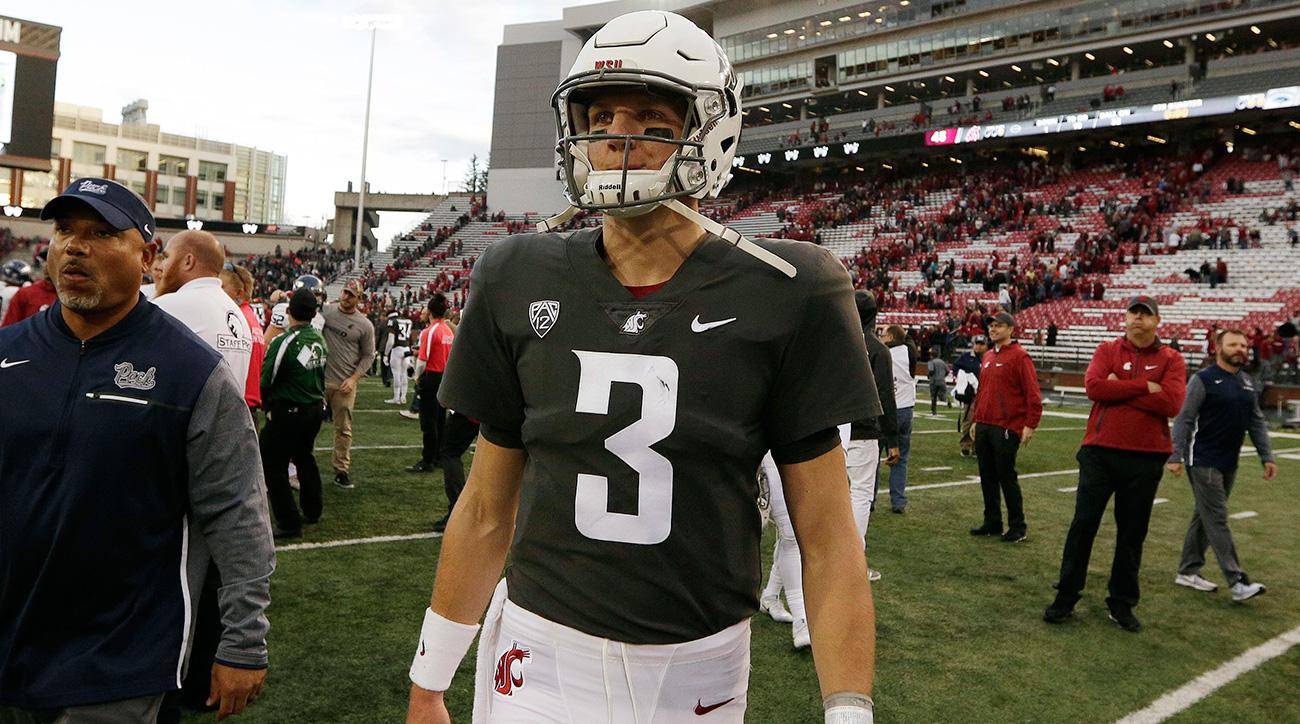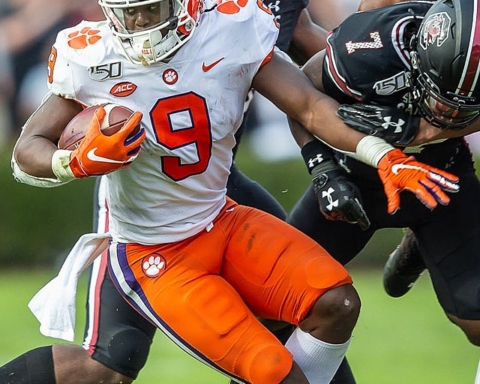By Ryan Signorino
Sports Editor
It’s a common misconception that student-athletes have it all. They play the sport they love and go to school on a scholarship. Teams are always hanging out together, laughing and joking around in the dining hall after hard practices. The reality, though, is being a student-athlete is not only physically but mentally draining, too.
Washington State redshirt sophomore quarterback Tyler Hilinski was found dead in his apartment on Tuesday, Jan. 16. He had a gunshot wound to the head, with a shotgun and a suicide note nearby.
Jordan Hankins, a Northwestern women’s basketball player, hung herself in her dorm room in January 2017. In January 2014, University of Pennsylvania track and field runner Madison Holleran jumped off a parking garage, killing herself.
College football and basketball are huge sports for fans to watch, and the student-athletes involved have immense amounts of pressure on their shoulders to perform well. Fans may complain that a team’s star player is having an off game or not performing up to their usual level, but that fan can easily forget the athlete is a student first, with difficult classes, large amounts of homework and relationships and friendships to deal with, as well.
A University of Michigan study found most student-athletes do not seek out help for mental health issues, reporting 33 percent of college students show significant signs of depression. Only 10 percent of student-athletes look for help, compared to 30 percent of non-student-athletes.
Student-athletes are under double scrutiny to perform in the classroom and in their respective sport. Having multiple stressors can make mental health a serious concern. However, for athletes, it is frequently something pushed to the side and ignored. Sometimes when an athlete has an injury, it just needs to be played through in order to heal. That notion can carry over to mental health.
As a student-athlete myself, I can attest to the avoidance of finding aid. On top of classes, practices (sometimes two times a day), lifting sessions, meals, homework, jobs and getting enough sleep to be able to get up the next day and do it all again, finding time to focus on self-care can sometimes be difficult.
Statistical evidence supports the notion that there is another factor in play: Athletes do not want to appear weak, and too many see admitting a struggle with depression and other mental issues as just that. This negative stigma around seeking aid could be a contributing factor as to why student-athletes seek help at a lower rate than non-athletes.
In an article on USA Today College, Niki Rybko, director of sports medicine and wellbeing at Wellesley College, said it is important to make it clear to student-athletes that mental health issues are just like having an injury, and there needs to be someone helping with rehab.
That analogy is spot on. Athletes are able to compete through some injuries, and sometimes people are able to function with mental health issues, such as anxiety and depression. Other times, injuries force athletes to be sidelined while they heal; depression and anxiety can do the same, and mental health needs to be handled with the same care as a broken bone or a torn muscle.
Hilinski’s death might be a wakeup call for collegiate athletics, where mental health issues like depression, eating disorders and substance abuse have not been focused on until the past few years.
A 2014 ESPN study found less than 25 Division I schools had a mental health practitioner on the sports medicine staff, and another study in 2016 reported 20.5 percent of athletic programs had a mental health provider in the training room.
Although St. Bonaventure is not one of the schools with a mental health professional working alongside the trainers, there is a sports psychologist on staff in the Counseling Center who student-athletes are able to meet with.
Mike Leach, the head football coach at Washington State, saw no signs indicating Hilinski had been struggling with mental health issues or depression. Leach called Hilinski a “steady guy” who was always helping cheer up teammates, and besides the usual ups and downs of a college student, there was nothing indicative of a problem.
As unfortunate as it is, sometimes people will slip through the cracks, but starting the discussion and ending the stigmatization of mental illness, especially within the realm of collegiate athletics, is an important step in lowering rates of mental illness and suicide in student-athletes.
If you or someone you know is struggling with mental health-related issues, the University’s Counseling Center is open Monday through Friday 9 a.m. to 4:30 p.m. and Monday through Wednesday 4:30 p.m. to 8:30 p.m. by appointment. The National Suicide Prevention Lifeline is 1-800-273-8255.
signorra15@bonaventure.edu






